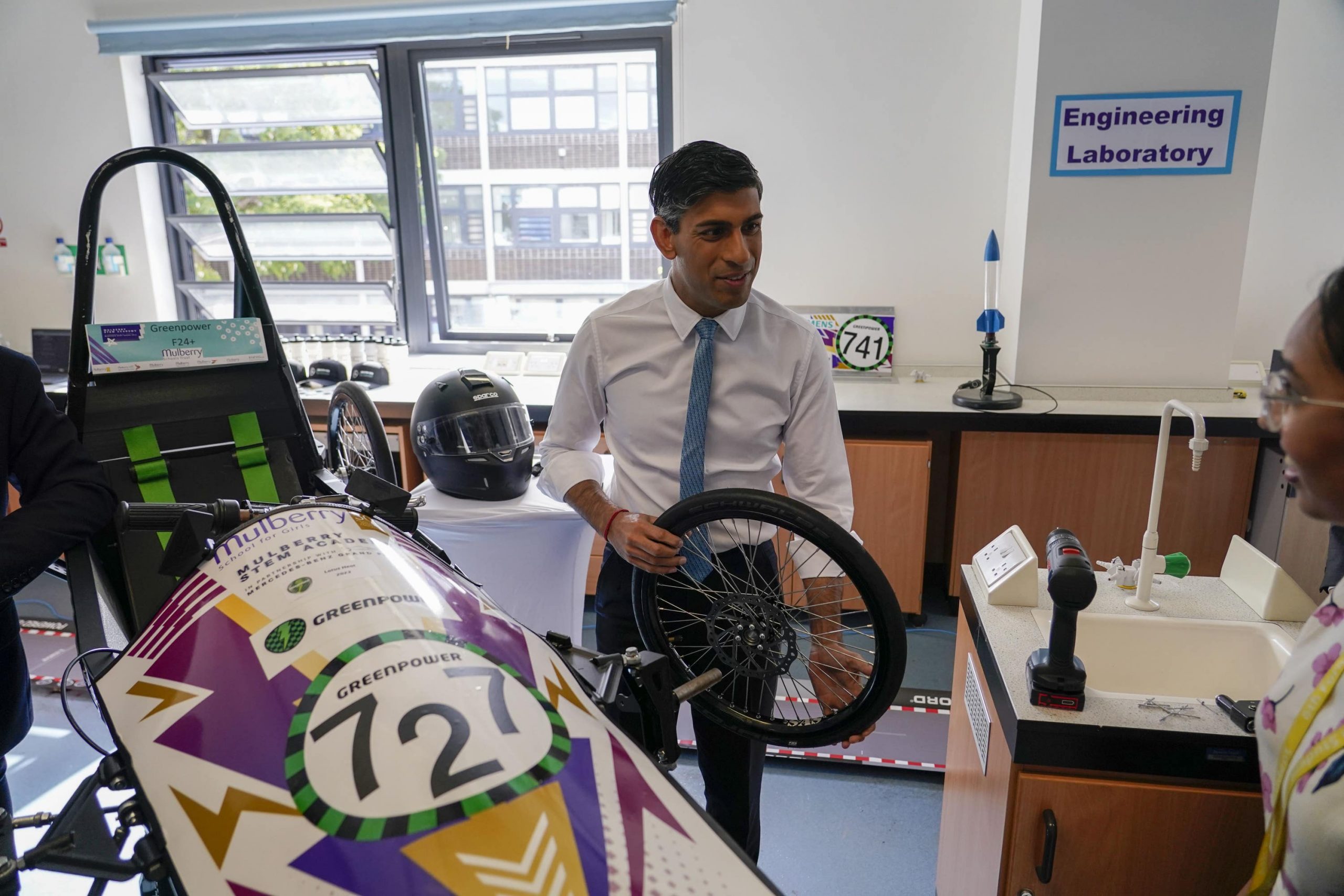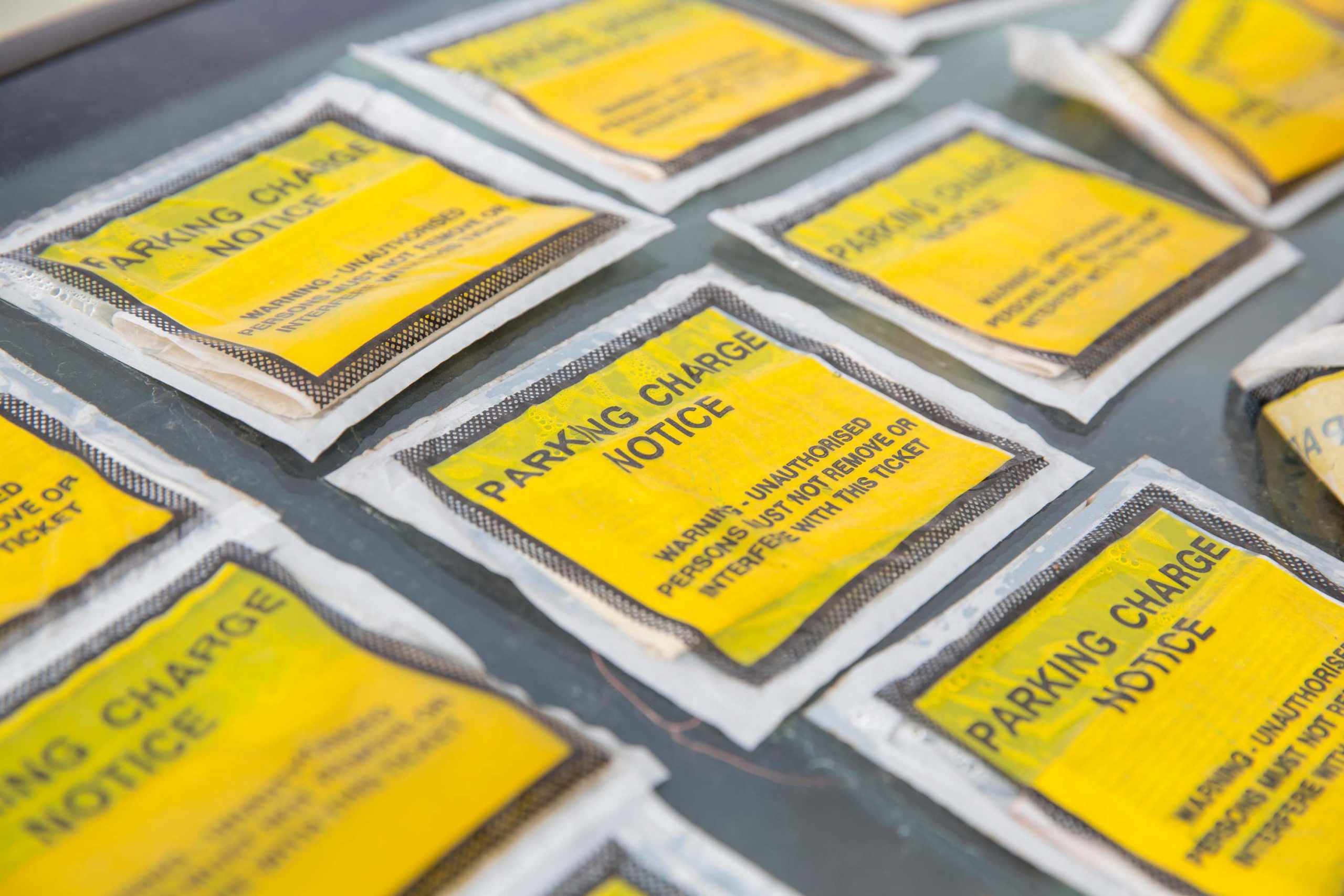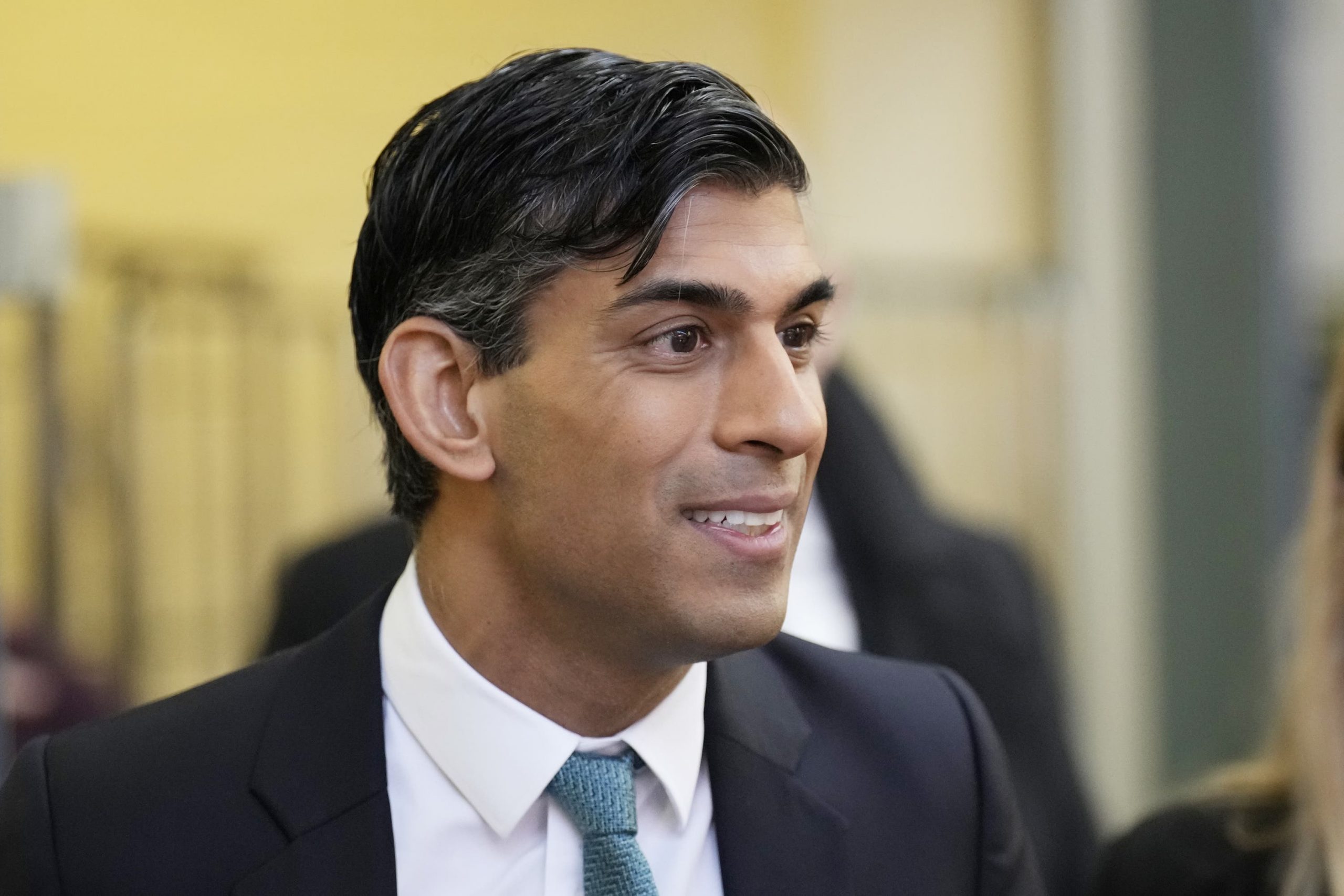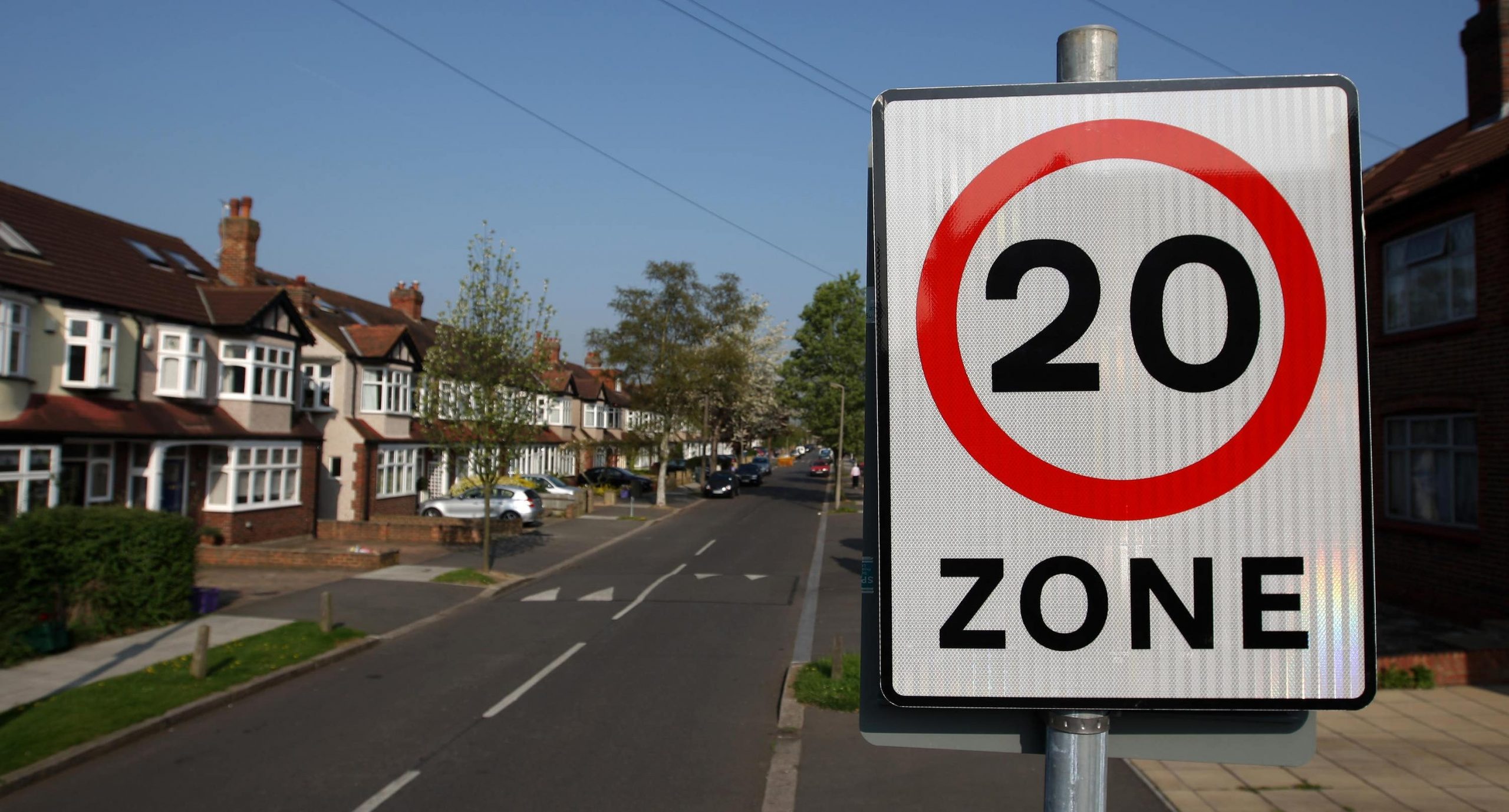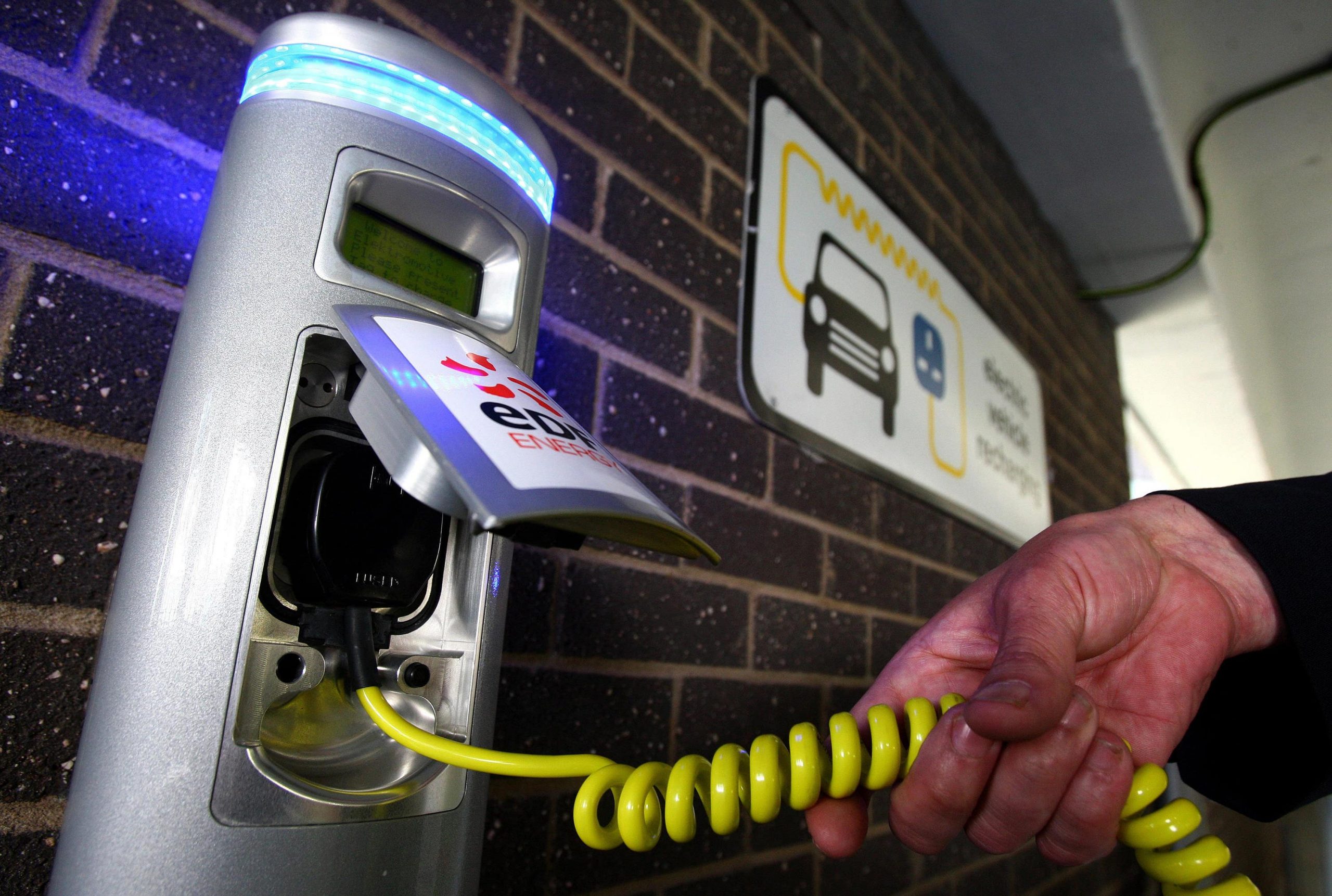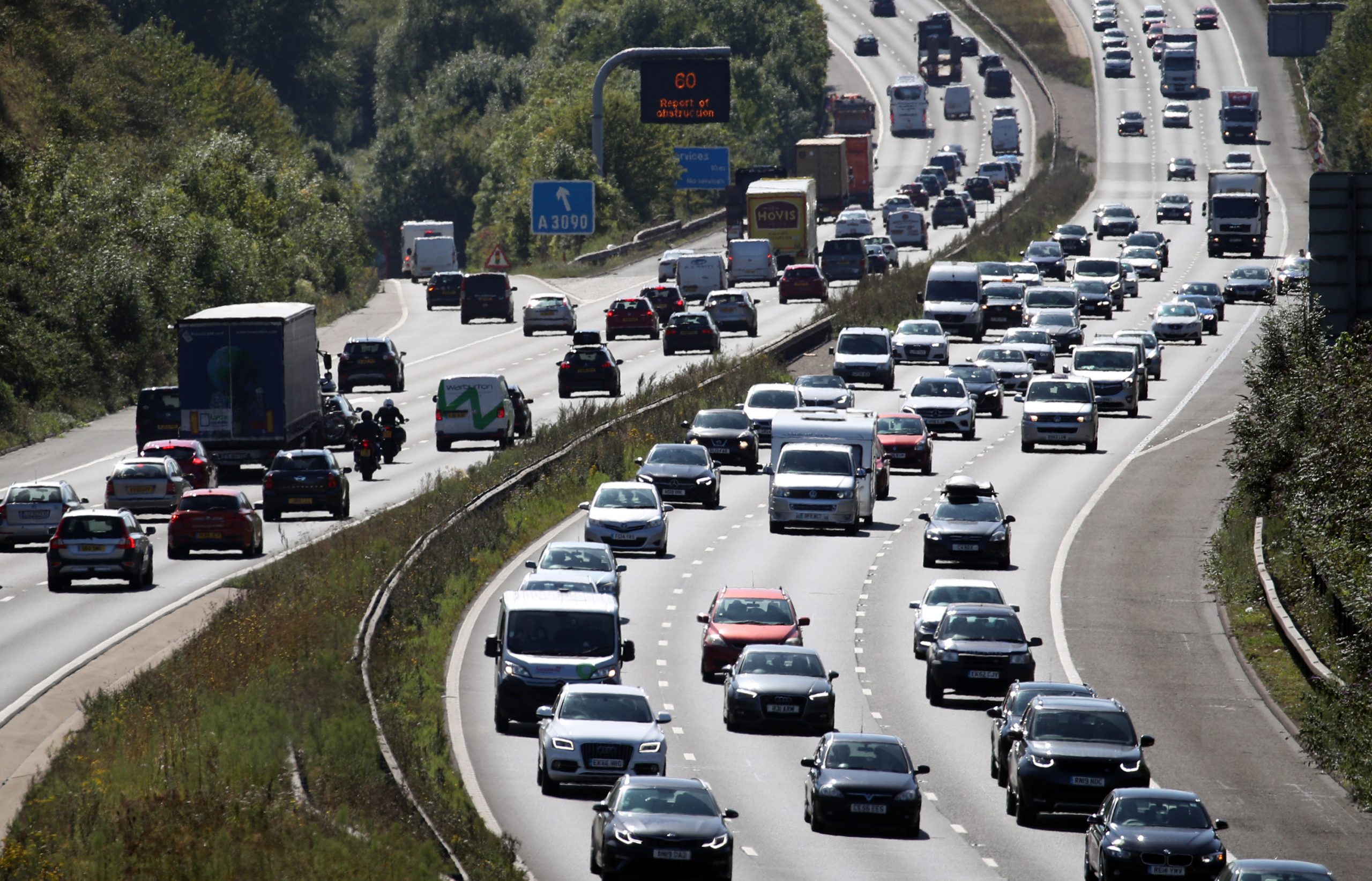Rishi Sunak has been accused of leaving the motoring industry “high and dry” after delaying a ban on new petrol and diesel cars.
Speaking in Downing Street on Wednesday, the Prime Minister confirmed the plans alongside a raft of changes to how the Government tackles greenhouse gas emissions.
Reacting to the news, Ian Plummer, commercial director at Auto Trader, said: “The PM has left the industry and drivers high and dry by sacrificing the 2030 target on the altar of political advantage.
“According to our research, only half of people could see how an EV (electric vehicle) could fit into their lifestyle as it is, suggesting major barriers to adoption.
“We should be positively addressing concerns over affordability and charging rather than planting seeds of doubt.
“This announcement has only served to remove trust and confidence in the UK market.”
Another industry leader, the RAC Foundation, said the change contradicted the “huge sums of money” that the Government has already spent on electric battery production.
Steve Gooding, director of the transport research organisation, said: “It is hard to understand the rationale for the Prime Minister’s decision to delay the ban on sale of petrol and diesel cars by five years – what message does taking his foot off the gas in this way send to an auto industry that was confident of its ability to hit the 2030 deadline on the basis of a clear and consistent regulatory regime?
“Be they motorists or not, taxpayers might wonder how back-pedalling on the switch to electric cars can be consistent with the Government having put huge sums of public money on the table to support battery production.”
He said that RAC research estimated that if the UK is to meet its carbon reduction obligations then at least 37% of all miles driven by cars, taxis and vans will need to be zero emission by 2030.
“But with only 844,000 of the 33 million or so cars on the UK roads today being pure battery electric that means we have a mountain to climb”, he added.
It comes after Ford UK said earlier on Wednesday that the change “undermined ambition, commitment, and consistency”.
The chair Lisa Brankin said: “We need the policy focus trained on bolstering the EV market in the short term and supporting consumers while headwinds are strong: infrastructure remains immature, tariffs loom and cost-of-living is high.”
The RHA, which represents the interests of the haulage industry, said they needed “clarity, not delays” from the Government.
A spokesman said: “Government needs to collaborate with industry to come up with a detailed plan that provides certainty for investment, drives innovation, and directs support for those who want to do the right thing.
“This is the only way to bring down costs and encourage companies to make the switch to net zero in the long term. Simply changing deadlines without a clear plan in place will do neither.
“We will continue to seek the clarity and certainty our industry urgently needs to bring costs down.”
Another car maker, Stellantis, also called for “clarity” on the “important legislation”.
A spokesman for BMW, which owns the Mini brand, said: “Mini has already announced that it will become a purely electric brand from 2030 globally and this will not change.”
Mike Hawes, chief executive of the Society of Motor Manufacturers and Traders (SMMT), said high demand for electric cars within the UK is needed if more are to be built in the country.
He told BBC Radio 4’s Today programme earlier on Wednesday: “You want to build close to where you sell, so you need a strong market here in the UK to help secure future investment.
“The concern now is, does this cause consumers to delay their purchase?”
SMMT figures show the private share of the market for battery electric new cars has already fallen from more than a third (36.2%) in the first half of 2022 to less than a quarter (24.2%) during the same period this year.
Demand has grown for fleet registrations, partly due to the lower company car tax for electric cars.
General secretary of the Unite union, Sharon Graham, said the Government was “kicking the can down the road” rather than developing a “proper industrial strategy”.
She said: “Instead, we get ever more uncertainty for workers, industry and consumers from a government that deals in piecemeal policies delivered on the hoof.”
Tory MP for Lincoln Karl McCartney described Rishi Sunak’s reported plans as “the common-sense decision”.
He said the “costs to normal drivers will be too high” if the 2030 ban is maintained.
He added: “The only people who will complain about this delay are the central London eco-zealots who do not live in the real world and are rich enough not to be affected.”


